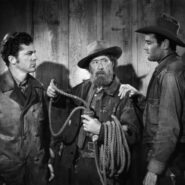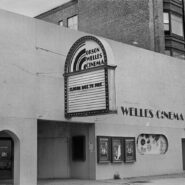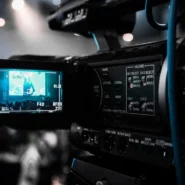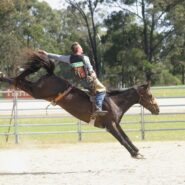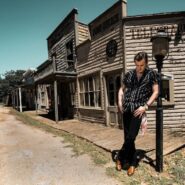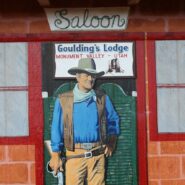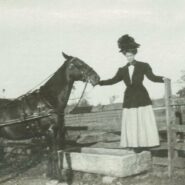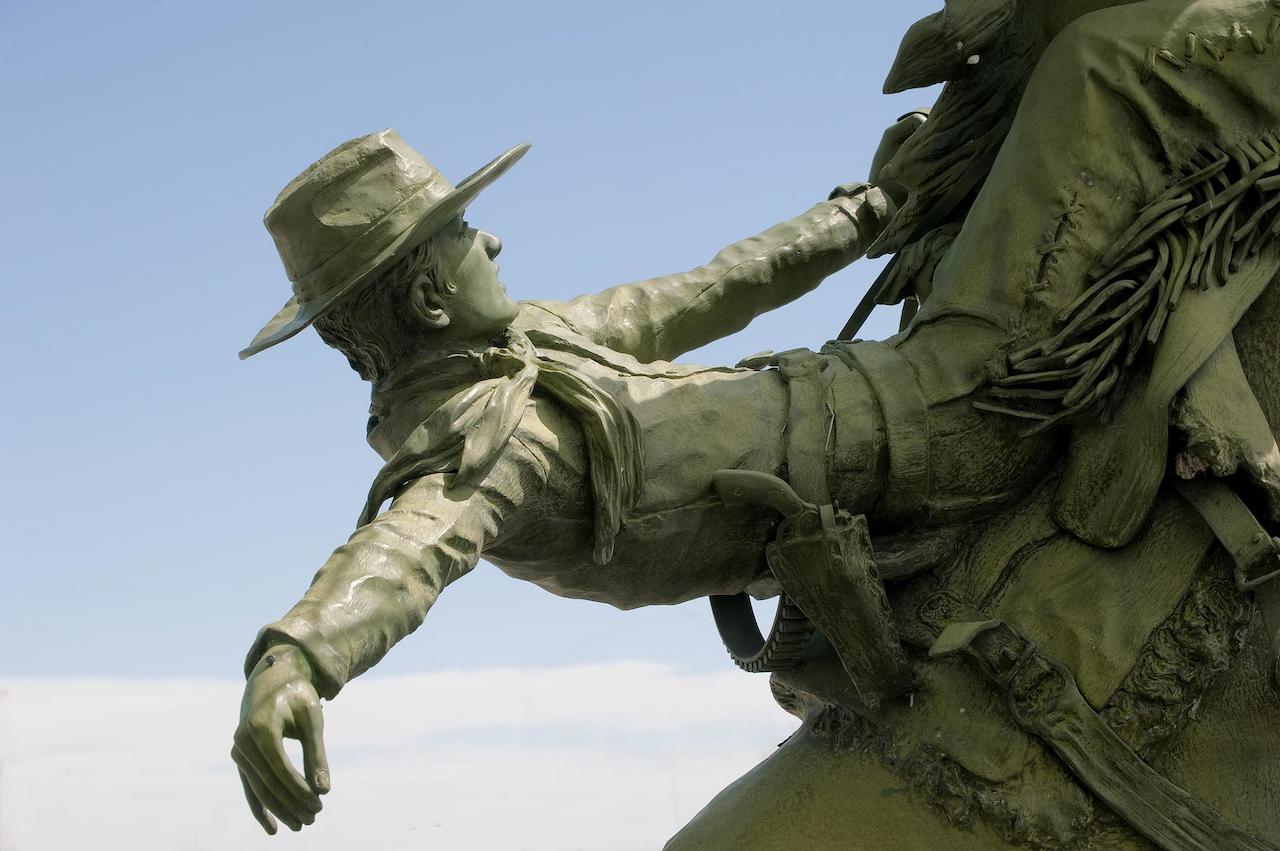
Although Wild West nods to the presence of African American cowboys in the American West and in the western film through the choice of director Mario Van Peebles’ Posse (1993) and of El Diablo (1990), starring Lou Gosset, Jr., the series of all-black-cast films starring Herb Jeffries (billed as Herbert Jeffrey) is historically more important and deserves a place on the list. Of the four films in the series, including Harlem on the Prairie (1938), Two-Gun Man from Harlem (1938), and Harlem Rides the Range (1939), I would choose The Bronze Buckaroo for the list.
Black-cast films, or race movies, were an important part of twentieth-century cinematic history, as were the segregated theaters where these films were mostly screened for African American audiences. Also, Herb Jeffries is the perfect model of the singing cowboy, a type that dominated westerns of the 1930s (and despite that dominance, singing cowboys are shorted on the 100 Greatest Westerns list). The Bronze Buckaroo includes not only the Jeffries-penned signature song of the series (“I’m a Happy Cowboy”) played in the background behind the opening titles, but there’s also a great scene in the bunkhouse where Jeffries and his band perform “Pay Day Blues” (another tune written by Jeffries), a hot number made all the hotter by an impromptu tap-dance performance by one of the bunk mates, and how often do you see a tap-dancing cowboy in a western? That scene alone earns The Bronze Buckaroo a place on the 100 Greatest Westerns list.
